Weekday Fiction Fix – Fairytale Christmas by Merrie Destefano
Fairytale Christmas
By Merrie Destefano
A Fair Folk Saga (The Fair Folk Saga Book 1)
INTRODUCTION – Fairytale Christmas
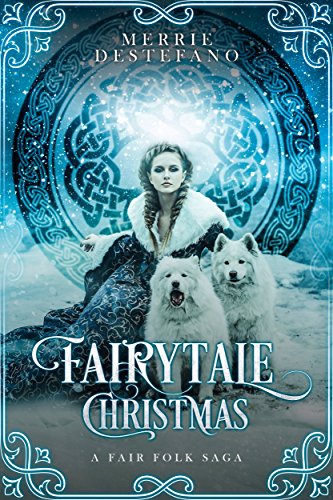 Three thousand years ago, a war began between the immortals and the mortals. It’s a war that continues to this day…
Three thousand years ago, a war began between the immortals and the mortals. It’s a war that continues to this day…
Before history began, a legendary queen battled a foreign army, braved the death of her husband, and faced betrayal at the hand of someone she trusted. This is the story of Eire, Queen of the Faeries, the Immortal One, and the leader of the Tuatha de Danann.
To this day, her homeland, Ireland, bears her name, and this is the story of the war that drove the Immortal Ones into exile. It’s also the tale of how she found help from an unexpected place, leading her to a love like she had never known before.
Fairytale Christmas is a story that spans thousands of years. It’s also the beginning of all of our fairytales and legends; it’s where mortals and immortals survive because they love one another, proving that love is the greatest gift of all.
This is the first installment in the Saga of the Fair Folk, a journey that lasts until the end of time.
FAIRYTALE CHRISTMAS BY MERRIE DESTEFANO — EXCERPT
One
1,400 years B.C.
They came in longboats and we stood on the rocky cliffs, watching as they arrived. Faery and Duine stood side by side, immortal and mortal, the way we had always been. The Duine were our beloved cinn beag, our little ones; we were their feared and favored gods.
At that time, we walked hand in hand, sharing everything. The mortals fed us and clothed us. Our magic blessed or cursed them.
It was our way of life.
I loved them dearly, for I was their queen. I was Fire and this grand island carried my name. Eire Land.
Ireland.
This was my home and my people.
But it all changed on that day when the Milesians arrived, storms in their wake, their Druids conjuring dark magic, their armor and their weapons fashioned in diabolic forges while a great sorcerer cast spells over each and every item.
I should have killed them all the moment they set foot on our island. I shouldn’t have trusted their lies, their broad smiles, their gifts of gold.
But the worst thing of all they brought to our shores was that cursed silver. Shaped into armor, it made the wearer invincible. Melded onto swords, it could poison my people, the Tuatha De Danann, and cause a fearsome illness.
They wore this magic silver in charms and rings and necklaces, they wove fine strands into their clothing. A few of them even drank it, so their skin would glow a soft blue in the darkness.
They camped for a day and a night, strange fires burning, the stench filling the valley. My sister, Caer, sensed danger before I did. She wrinkled her nose and shook her head, then she called for one of our kinsmen.
“Take the youngest children and flee, hide on the cliffs and watch,” she told him.
“What is it?” I asked.
“The darkest magic of all is brewing,” she whispered behind her hand. She knew more about this sort of sorcery, since her husband, Faelan, was a Leanan Sidhe. Her husband and mine stood side by side, dressed for battle, both of them carrying bronze swords and shields. Faelan lifted his head, closed his eyes, and drew a deep breath, then licked his lips.
The Druids were burning human sacrifices.
When the moon hid behind thick clouds and many of our soldiers had fallen asleep, the Milesians crept nearer. Then they attacked in blinding light, all of their silver weapons glowing bight blue. No one could flee fast enough as their swords began to swing through the crowds.
Three things can kill a faery.
One, if you steal his heart.
Two, if you cut off his head.
Three, if a banshee sings him to everlasting sleep.
All three of these things happened on that night and more. My own husband King Fethur, perished at my side, though we both fought valiantly, neither of us giving in to weariness. But one blade sliced off his head and there was no magic in the world that could bring him back to life. I didn’t have time to mourn, for the Milesians forced us back and back, trying to push us up a high cliff and then down into the rocky sea.
We fought, our casualties great. We lost more than a thousand men on that night.
My feet slipped, my sword swung in an arc of death, and my sister and I set our banshee blood free. We sang a song of death, though it was hard to find the right notes that could penetrate the thick silver helmets that covered the Milesians’ ears.
– – – – –
AUTHOR BIO — MERRIE DESTEFANO
 Merrie Destefano left a 9-to-5 desk job as a magazine editor to become a full-time novelist and freelance editor. With twenty years’ experience in publishing, her background includes editor of Victorian Homes magazine, Zombies magazine, and Haunted: Mysteries and Legends magazine. Her books, novellas, and anthologies include Afterlife, Feast, Fathom, Lost Girls, The Plague Carrier, Waiting for Midnight, A Dark And Twisted Heart, A Long And Wild Hunt, Fairytale Christmas, and Cursed. She lives in Southern California with her husband, their two German shepherds, a Siamese cat, and the occasional wandering possum.
Merrie Destefano left a 9-to-5 desk job as a magazine editor to become a full-time novelist and freelance editor. With twenty years’ experience in publishing, her background includes editor of Victorian Homes magazine, Zombies magazine, and Haunted: Mysteries and Legends magazine. Her books, novellas, and anthologies include Afterlife, Feast, Fathom, Lost Girls, The Plague Carrier, Waiting for Midnight, A Dark And Twisted Heart, A Long And Wild Hunt, Fairytale Christmas, and Cursed. She lives in Southern California with her husband, their two German shepherds, a Siamese cat, and the occasional wandering possum.



































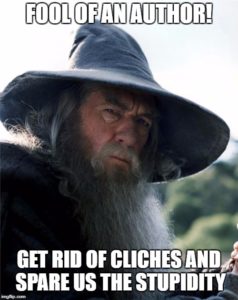
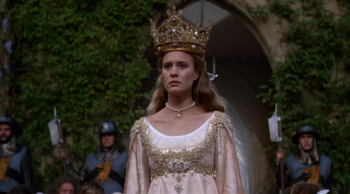

 “H*ll no,” the little girl shouted to her friend during recess. “H*ll no!”
“H*ll no,” the little girl shouted to her friend during recess. “H*ll no!” 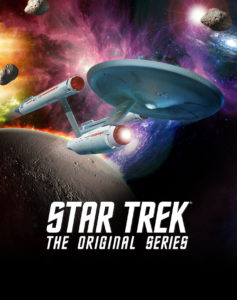 Hence various stories showed the value of sentient life, no matter what form; the importance of logic; the need for self-control; the evil of greed and the unwarranted use of force; the significance of love regardless of gender or race; the progress of society toward the good; and more. The original series went so far as to propound the idea that no opponent was actually evil. Rather, they acted on the basis of self preservation, and much conflict was a result of misunderstanding.
Hence various stories showed the value of sentient life, no matter what form; the importance of logic; the need for self-control; the evil of greed and the unwarranted use of force; the significance of love regardless of gender or race; the progress of society toward the good; and more. The original series went so far as to propound the idea that no opponent was actually evil. Rather, they acted on the basis of self preservation, and much conflict was a result of misunderstanding.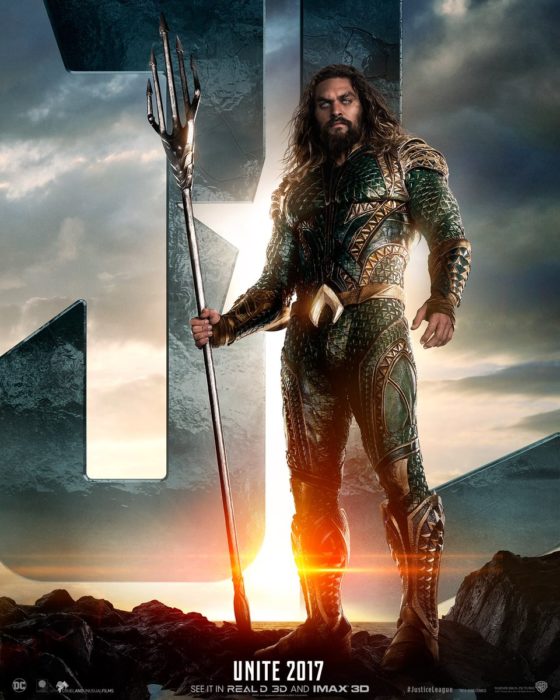
 Austin:Â I agree with you, Kerry, about the lack of stakes. As I mentioned earlier in this thread, the villain, Steppenwolf, obviously wasn’t at Superman’s level. So as soon as Supes showed up at the fight, what tension there was kinda evaporated for me.
Austin:Â I agree with you, Kerry, about the lack of stakes. As I mentioned earlier in this thread, the villain, Steppenwolf, obviously wasn’t at Superman’s level. So as soon as Supes showed up at the fight, what tension there was kinda evaporated for me. Favorite moment was events immediately after the resurrection. Especially Flash running at him only to have him notice. Too cool.
Favorite moment was events immediately after the resurrection. Especially Flash running at him only to have him notice. Too cool.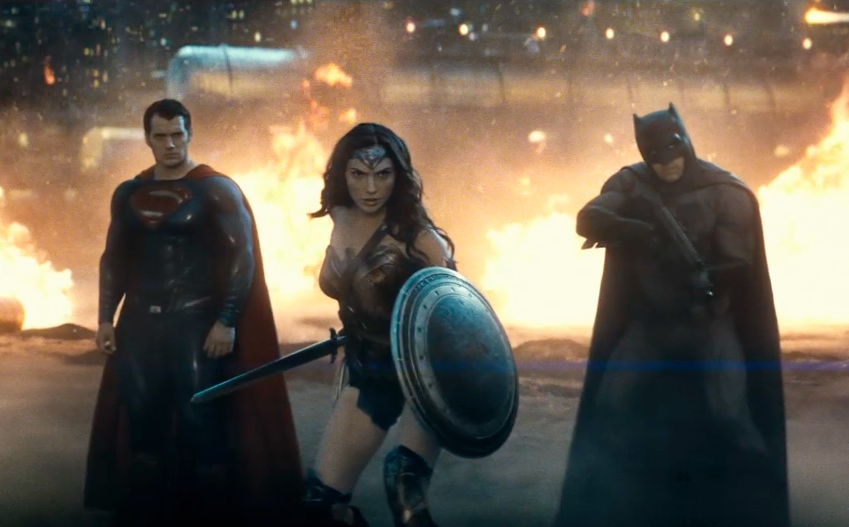
 Stephen: Also, Bruceâs line (paraphrased): “Complete this mission and you can go back to the shadows. Dress up like a bat. I won’t even sue.”
Stephen: Also, Bruceâs line (paraphrased): “Complete this mission and you can go back to the shadows. Dress up like a bat. I won’t even sue.”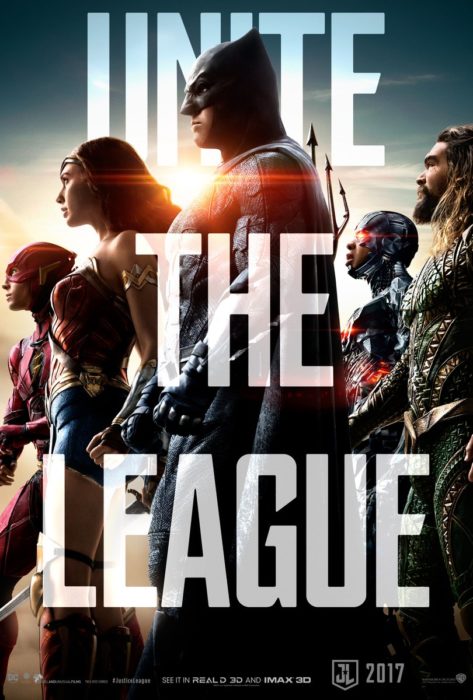


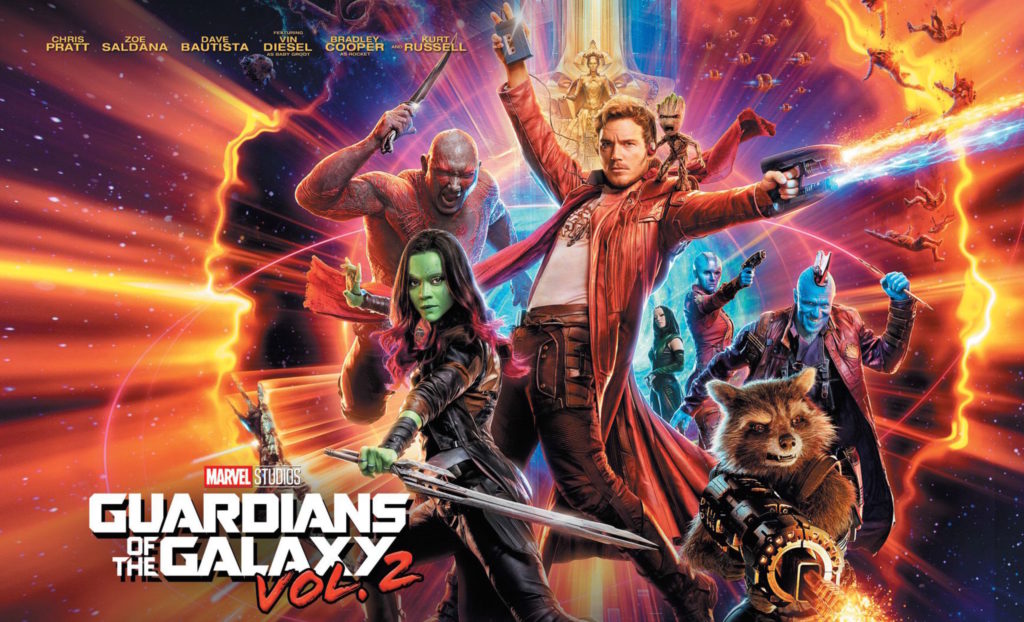 Austin: I don’t want pure Whedon. Everything’s pure Whedon. I’m up to my eyeballs in pure Whedon. What is Thor: Ragnarok if not pure Whedon? What is Guardians of the Galaxy if not pure Whedon? I’ve had it with superpowered jokefests. I want drama commensurate to the genre’s milieu, otherwise I’m out.
Austin: I don’t want pure Whedon. Everything’s pure Whedon. I’m up to my eyeballs in pure Whedon. What is Thor: Ragnarok if not pure Whedon? What is Guardians of the Galaxy if not pure Whedon? I’ve had it with superpowered jokefests. I want drama commensurate to the genre’s milieu, otherwise I’m out. Remember to sign the petition.
Remember to sign the petition.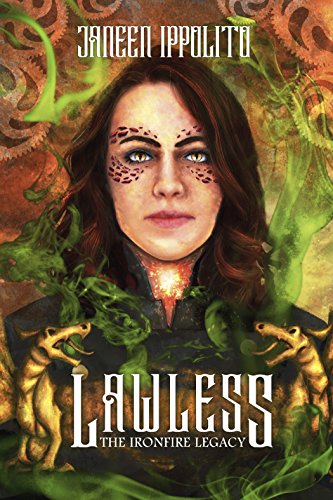
 Janeen Ippolito is two authors for the price of one! She writes nonfiction writing resources and speculative fiction with monsters, misfits, and mushy stuff. She’s also an experienced teacher, editor, author coach, and the Fearless Leader (president) of Uncommon Universes Press. In her spare time, she enjoys sword-fighting, reading, food, and making brownie batter. A lifelong misfit, she believes different is beautiful and that everyone has the ability to tell their story. Two of her goals are eating fried tarantulas and traveling to Antarctica. This extroverted writer loves getting connected, so find her on Twitter, Facebook, Instagram, and at her two websites: janeenippolito.com and writeinsideout.com
Janeen Ippolito is two authors for the price of one! She writes nonfiction writing resources and speculative fiction with monsters, misfits, and mushy stuff. She’s also an experienced teacher, editor, author coach, and the Fearless Leader (president) of Uncommon Universes Press. In her spare time, she enjoys sword-fighting, reading, food, and making brownie batter. A lifelong misfit, she believes different is beautiful and that everyone has the ability to tell their story. Two of her goals are eating fried tarantulas and traveling to Antarctica. This extroverted writer loves getting connected, so find her on Twitter, Facebook, Instagram, and at her two websites: janeenippolito.com and writeinsideout.com 
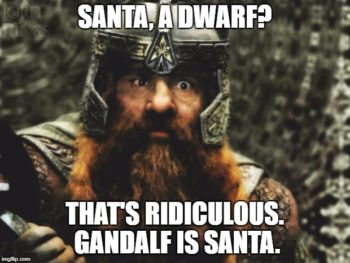
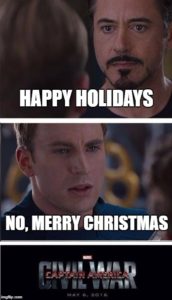
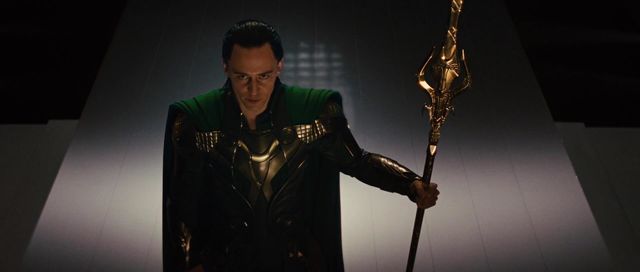
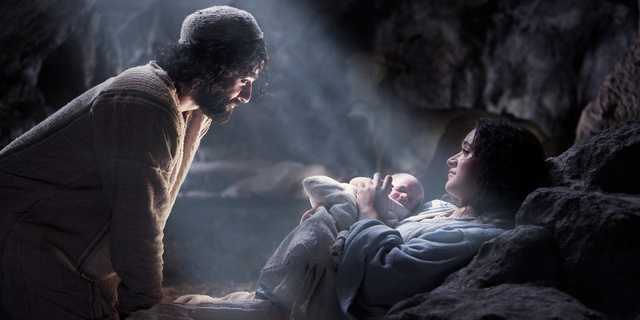
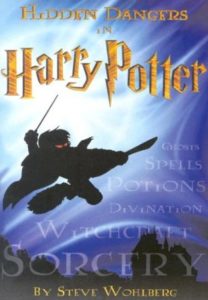 Speculation. The fun part of speculative fiction of any stripe—superhero, classic fantasy, steampunk, dystopian, space opera, you name it—is this look beyond the known, beyond the empirical, to the imaginative.
Speculation. The fun part of speculative fiction of any stripe—superhero, classic fantasy, steampunk, dystopian, space opera, you name it—is this look beyond the known, beyond the empirical, to the imaginative. God flips reality on it’s head. What we think of as solid and verifiable and true, He calls a vapor, a fading flower, a bit of grass that is here today and gone tomorrow. What lasts, what is forever, is God’s word, the eternal life He gives, His Person.
God flips reality on it’s head. What we think of as solid and verifiable and true, He calls a vapor, a fading flower, a bit of grass that is here today and gone tomorrow. What lasts, what is forever, is God’s word, the eternal life He gives, His Person.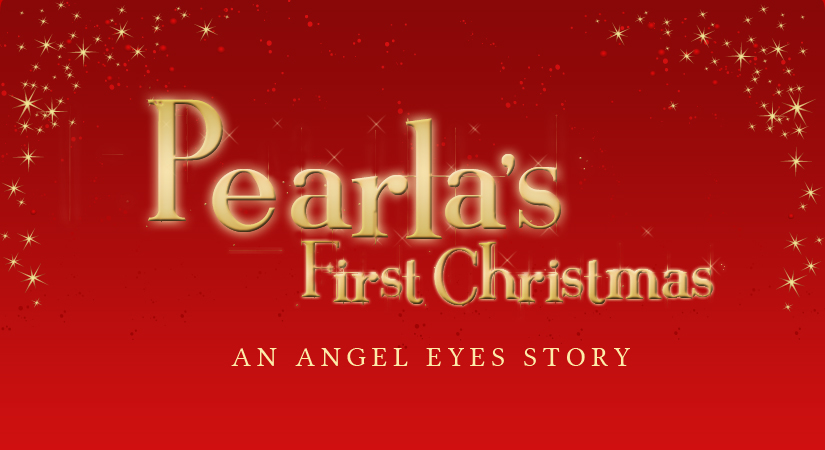
 Shannon Dittemore is an author of young adult fiction. She has an overactive imagination and a passion for truth. Her lifelong journey to combine the two is responsible for a stint at Portland Bible College, performances with local theater companies, and a love of all things literary. When she isnât writing, she spends her days with her husband, Matt, imagining things unseen and chasing their two children around their home in Northern California.
Shannon Dittemore is an author of young adult fiction. She has an overactive imagination and a passion for truth. Her lifelong journey to combine the two is responsible for a stint at Portland Bible College, performances with local theater companies, and a love of all things literary. When she isnât writing, she spends her days with her husband, Matt, imagining things unseen and chasing their two children around their home in Northern California.
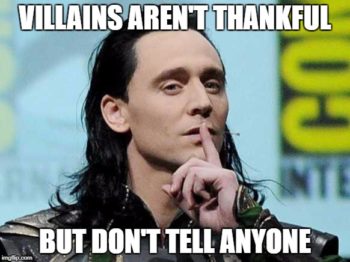 With Thanksgiving on the doorstep, itâs time to remember what weâre thankful for.
With Thanksgiving on the doorstep, itâs time to remember what weâre thankful for.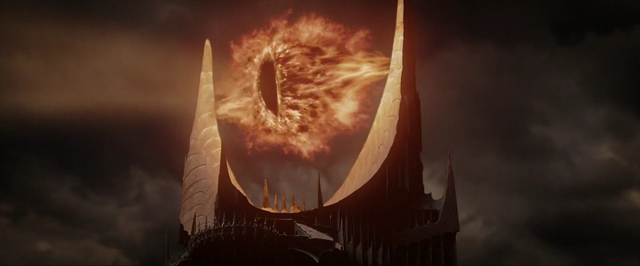

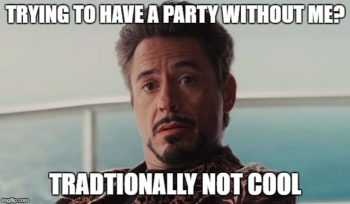 Tony Stark: Hey now, watch what you say, Mr. Demigod. Didnât work out for you last time, remember?
Tony Stark: Hey now, watch what you say, Mr. Demigod. Didnât work out for you last time, remember?


